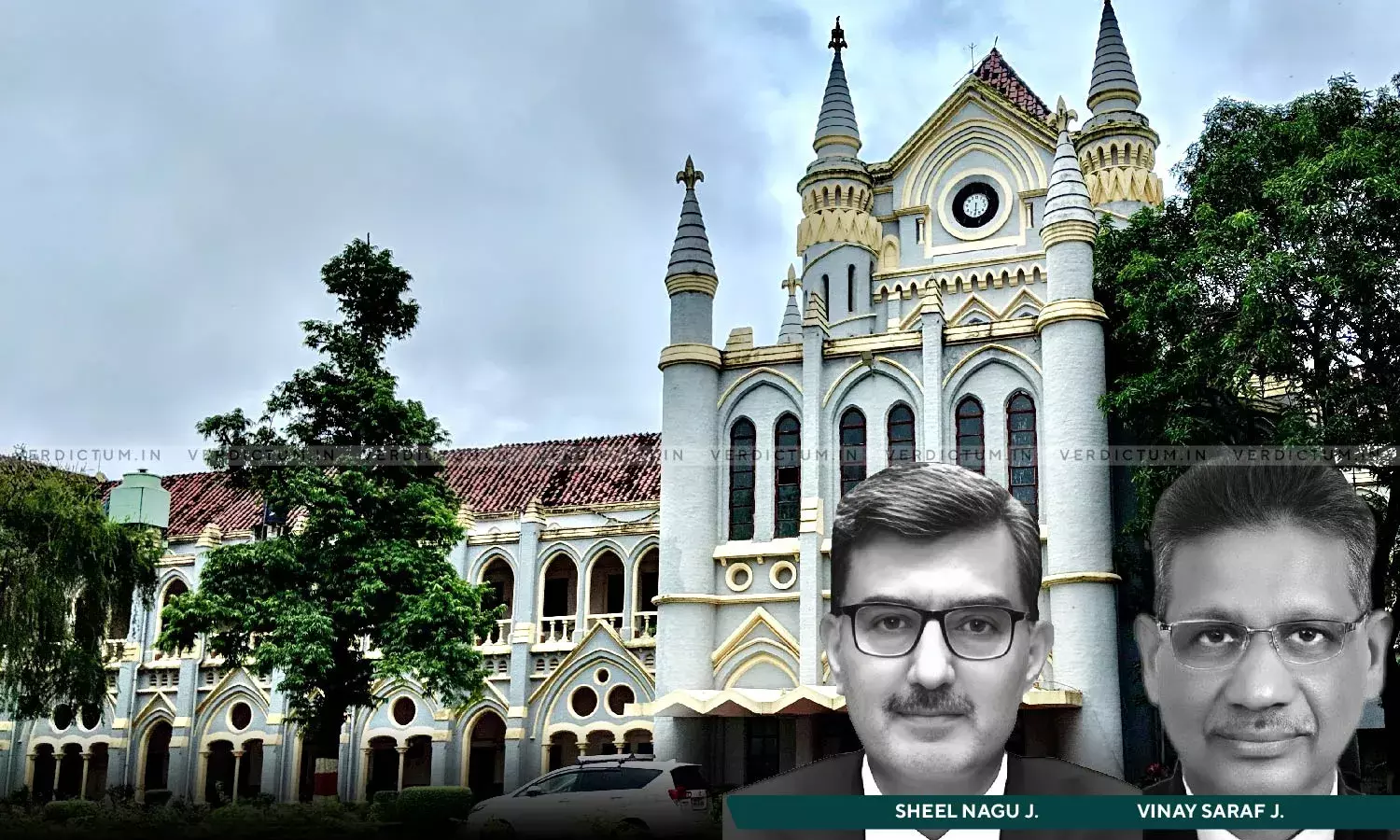CVC Has Supervisory Powers To Advice & Counsel Sanctioning Authority To Ensure Guilty Individuals Don't Escape: MP HC
The Madhya Pradesh High Court has observed that supervisory powers have been conferred on the Central Vigilance Commission to advise and counsel the sanctioning authority to ensure that guilty individuals don't escape.
The Bench of Justice Sheel Nagu and Justice Vinay Saraf observed that, "It is a little surprising that the sanctioning authority turned a Nelson’s eye towards the glaring fact of petitioner having been trapped accepting bribe leading to a prima facie case of commission of offences punishable under the P.C. Act. With this allegation supported by prima facie material, the sanctioning authority was duty bound to grant sanction. Not having done so, the sanctioning authority abdicated it’s statutory duty. There can be only two reasons why sanctioning authority declined sanction earlier; (1) Sanctioning Authority failed to understand the legal provisions, (2) Sanctioning Authority intended to favour the petitioner."
In light of the same, it was held that, "To prevent the above two contingencies from scuttling a genuine prosecution, supervisory powers have been conferred on CVC under the CVC Act, 2003 to inter alia advice and counsel the sanctioning authority from going astray from the path set by the object behind u/S. 19 of P.C. Act, which is not only to protect public servant from malicious, false and motivated prosecution, but also to prevent the guilty from slipping out of the net."
Senior Counsel Anil Khare appeared for the petitioner, while Counsel Vikram Singh appeared for the respondent.
In this case, the petitioner was aggrieved by a criminal prosecution before the Special Judge (CBI), Jabalpur, for offences under Sections 7, 13 (2) r/w 13(1)(b) of the Prevention of Corruption Act, 1988.
It was alleged that the petitioner had demanded and accepted Rs 10,000/- as a bribe for considering the application made by the complainant's brother to start a kiosk of the Central Bank of India at Kachar Gram.
The petitioner contended that the third order that granted sanction was invalid on the face of two previous refusals based on the 'same material' by the sanctioning authority.
The High Court observed that the sanction was earlier refused based on separate inquiry conducted by the sanctioning authority through field functionaries, which was not permissible under law. In furtherance of the same, it was observed that, "Sanctioning authority had no power to call or consider the views or comments of field functionaries and/or their interaction with local persons. Sanctioning authority acted beyond its scope and denied the sanction. Order passed on 31.12.2021 and 04.04.2022 cannot be accepted as valid orders and thus are non-est in the eye of law. It is also not clear whether this denial was communicated to CBI or not, because as per sanctioning authority himself the same was communicated to CVO of the Bank."
Subsequently, the petitions were dismissed.
Appearances:
Petitioner: Senior Counsel Anil Khare, Counsel Priyank Agrawal
Respondent: Counsel Vikram Singh
Cause Title: Shashikant Mishra vs Union of India Through CBI
Click here to read/download the Judgment




